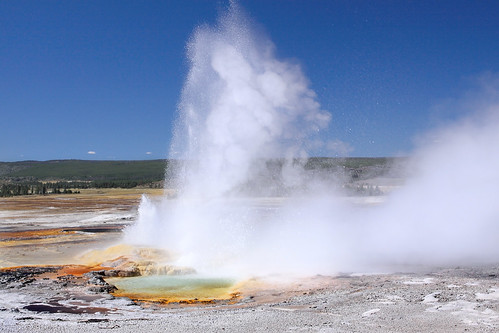As a witness at a Congressional hearing, you may find yourself in a position in which you will encounter members of the media either before or after the hearing. The likelihood of this will depend upon the nature of the hearing topic as well as the extent of the media and public interest in the issue. It is not uncommon for both print and broadcast journalists to attend hearings in order to cover the action of a committee as well as to look for other stories that may be related to the hearing. Therefore, it is not unusual for congressional witnesses to leave a hearing room and find themselves surrounded by journalists. In some cases, witnesses may also conduct a press conference either before or after the hearing.

If you have been invited to testify before a hearing or anticipate that this might occur, it is important to be sure you are fully prepared to effectively deal with the media. This will help you to advance your message and present the best case for your issue. It is a prudent idea to conduct a mock press interview during the rehearsal period leading up to the hearing to ensure you are familiar with the tactics that are commonly used by the press. This will also help you to develop the best ways to respond to possible media questions. The ideal blend of preparation will include practicing for a conventional interview as well as a possible ambush interview.
The following guidelines can assist you in dealing with the press if you  should find yourself in this type of situation:
should find yourself in this type of situation:
- First, always ask the name and affiliation of the reporter
- Ask the purpose of the interview and what the story is to be
- Ask that lights, cameras and microphones be kept at a reasonable distance
- Make sure the interview is confined to the original subject
- Make a point to never say “no comment”
- Never go “off the record”
- After a reasonable period of time, feel free to break off the interview, but let reporters know you can be reached for a follow-up
- Ask when the interview will appear or be broadcast
For more information on how to prepare to effectively handle media relations consider our workshop Advanced Media Relations Workshop.
Reference: Testifying Before Congress, by William LaForge, Section 4.41 Witness Contact with the Media
More
- Congressional Hearings database – from GPO
- Congressional Hearings – from the Law Library of Congress
- Capitol Hearings – from CSPAN
For more than 40 years, TheCapitol.Net and its predecessor, Congressional Quarterly Executive Conferences, have been teaching professionals from government, military, business, and NGOs about the dynamics and operations of the legislative and executive branches and how to work with them.
Our custom on-site and online training, publications, and audio courses include congressional operations, legislative and budget process, communication and advocacy, media and public relations, testifying before Congress, research skills, legislative drafting, critical thinking and writing, and more.
TheCapitol.Net is on the GSA Schedule, MAS, for custom on-site and online training. GSA Contract GS02F0192X
TheCapitol.Net is now owned by the Sunwater Institute.
Teaching how Washington and Congress work ™

